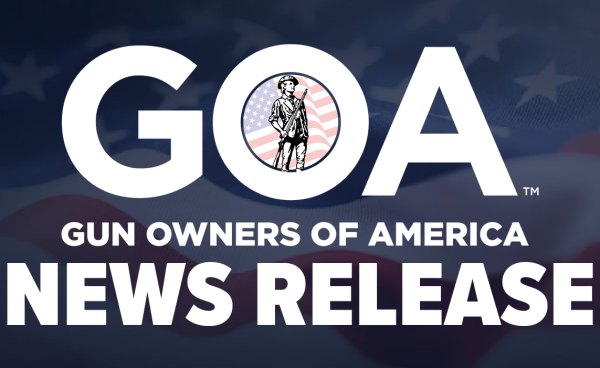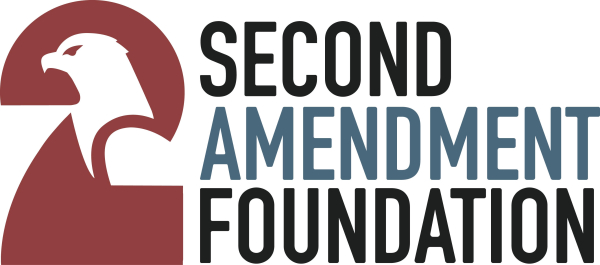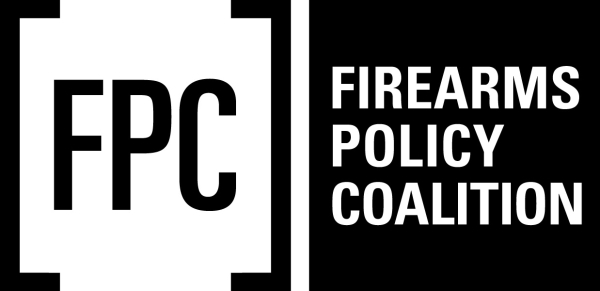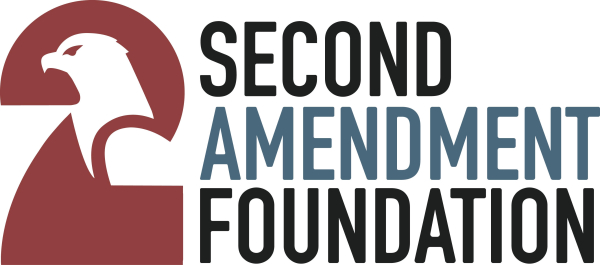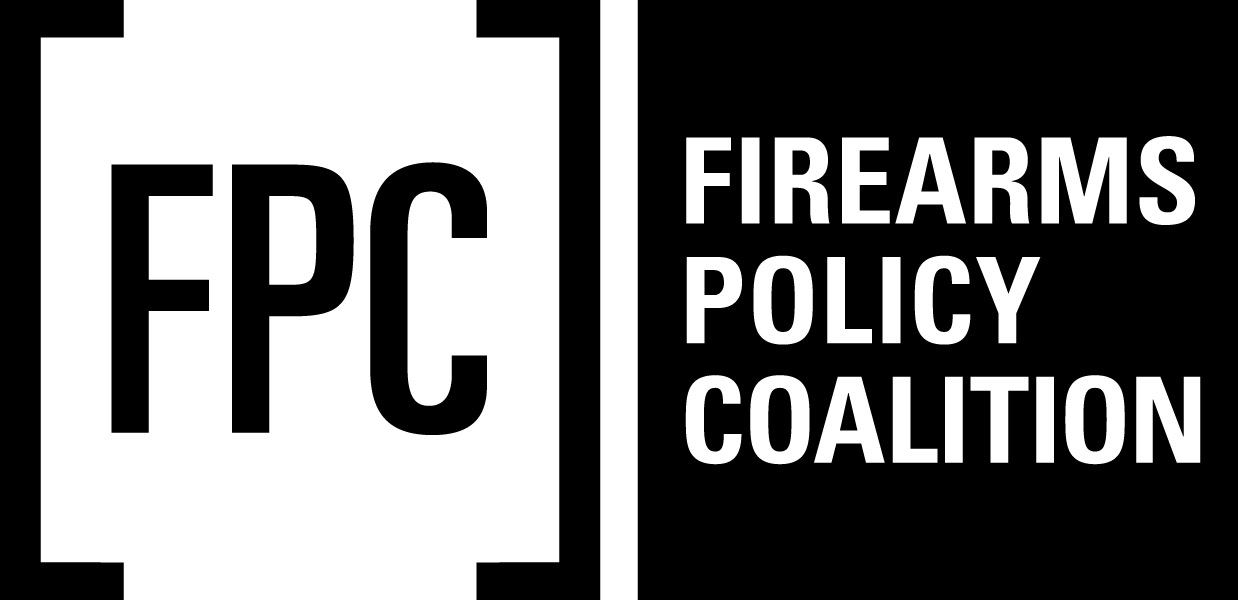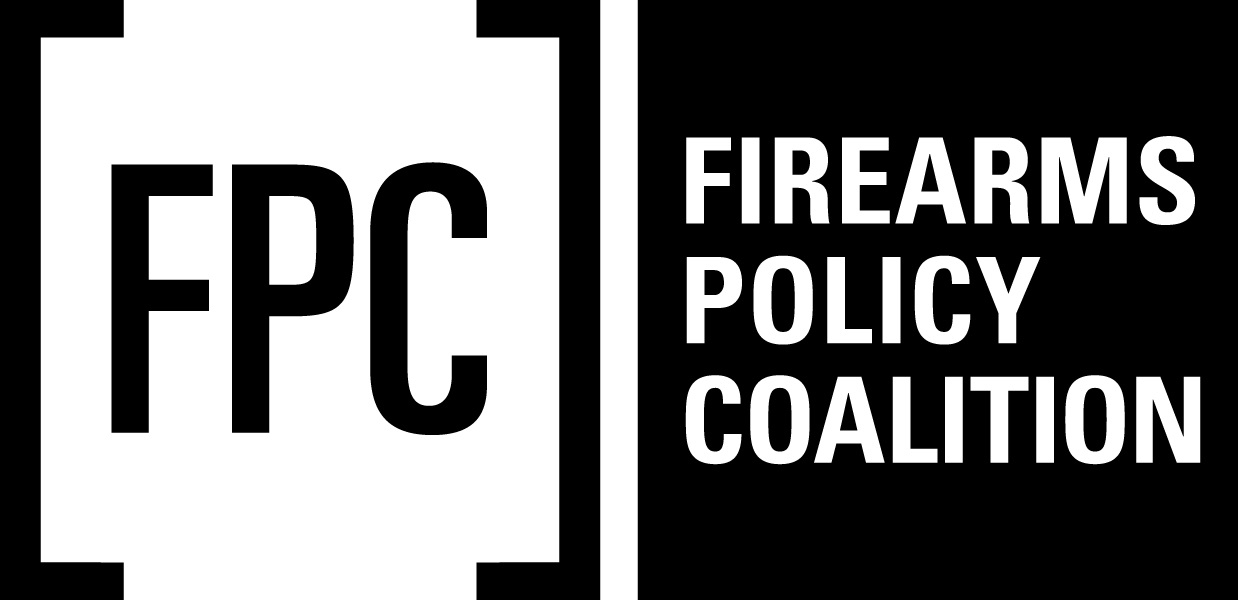GOA Mobilizes Members to Support DOJ Rule Restoring Gun Rights for Non-Violent Offenders
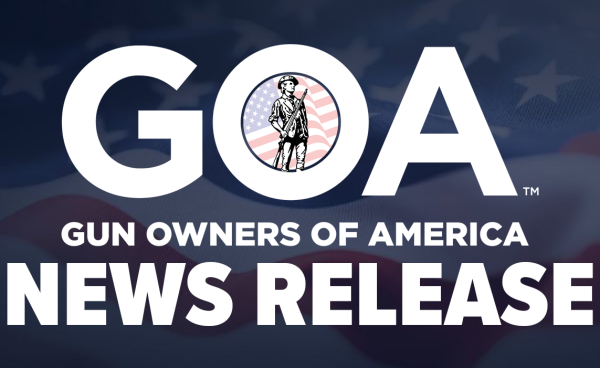
Owners of America (GOA) called on its members and supporters nationwide to take immediate action in support of a proposed rule by the Trump Department of Justice that would restore Second Amendment rights to countless Americans unjustly barred under the decades-old “Schumer Amendment.”
Enacted in 1992, the Schumer Amendment defunded the only federal process available (other than an unlikely pardon) to federally restore firearm rights, effectively imposing a lifetime ban on gun ownership for individuals with certain non-violent convictions or temporary mental health commitments—even if such persons pose no ongoing threat and have long since been rehabilitated. For over 30 years, this provision blocked the ATF from processing any rights restoration requests, denying due process and violating the constitutional rights of countless Americans.
Now, for the first time in over three decades, the DOJ promulgated a rule that would reassign the authority to restore gun rights away from the ATF and back to the Attorney General and Department of Justice.
GOA, Gun Owners Foundation (GOF), the Tennessee Firearms Association (TFA), and the Firearms Regulatory Accountability Coalition (FRAC) submitted a joint comment which outlines the legal foundation for restoring rights, noting the following: Read more

